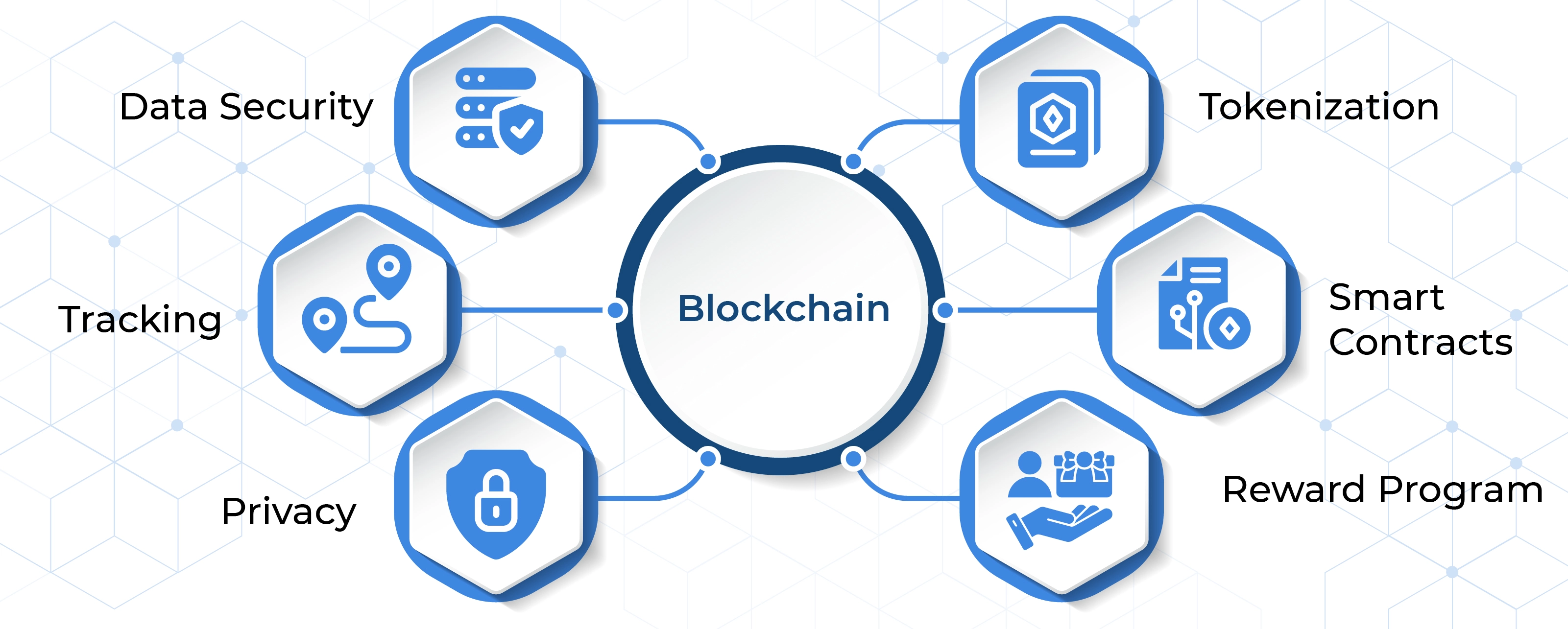BLOCKCHAIN BEYOND BITCOIN: A MARKETING PERSPECTIVE
Blockchain technology came into the spotlight after the boom of Bitcoin. Though Bitcoin was the talk of the town, the technology behind it- Blockchain has the revolutionary potential to reshape various industries. Various sectors including education, advertising, and BFSI have tapped the potential of this technology. In the field of advertising and marketing, blockchain can play a pivotal role.
Blockchain: The Foundation of Trust
Blockchain, at its core, is a decentralized and distributed ledger that records transactions across a network of computers. This fundamental structure eliminates the need for a centralized authority or intermediary, such as a bank, to validate and authenticate transactions. By doing so, blockchain establishes a foundation of trust and ensures the integrity and transparency of every transaction.
Blockchain in Marketing: Why is it Essential?
In marketing, trust is a precious commodity. Building transparent customer relations can have a great impact on the overall performance of the business. Moreover, consumers are increasingly cautious about the authenticity of products and the security of their personal information. Blockchain addresses these concerns by providing an immutable and transparent record of every transaction. This not only reduces the risk of fraud but also enhances the credibility of businesses in the eyes of their customers. The following are some areas where Blockchain in marketing can play a vital role.

Security, Tracking, and Management: All together!
By 2028, Blockchain would save $19 billion annually in ad fraud costs. (Zipdo)
One of the critical applications of blockchain in marketing lies in securing the supply chain. The technology allows for the creation of a tamper-proof record of every step in the production and distribution process. From the origin of raw materials to the final delivery of products, every transaction is recorded on the blockchain.
This transparency is invaluable, as even consumers can use blockchain to verify the authenticity of the products they purchase. For marketers, this creates a powerful tool to build brand trust and loyalty by providing consumers with verifiable information about the products they buy.
IBM, the tech powerhouse, started using blockchain too! They introduced an end-to-end ledger for marketing teams. This benefitted with cost-saving, efficiency improvement, and managing huge data with appropriate tracking and transparency.
Smart Contracts for Smart Processes
Smart contracts are self-executing contracts with the terms of the agreement directly written into code. This is yet another facet of blockchain technology that can revolutionize marketing. These contracts automatically execute and enforce the terms of an agreement when predefined conditions are met. In marketing, this can help streamline various processes, from advertising to customer loyalty programs.
For example, smart contracts can automate payment processes for advertising campaigns. Advertisers and publishers can set up smart contracts that release payments automatically when specific performance metrics are achieved. This not only reduces the risk of disputes but also accelerates the payment cycle, benefiting both parties involved.
Embracing Data Security and Privacy
Data security and privacy are major concerns in the digital age. Blockchain provides a robust solution by offering a decentralized and cryptographically secure method of storing and managing data. This method ensures that sensitive customer information is protected from hacks and unauthorized access.
Marketers can leverage blockchain to build trust with their customers by guaranteeing the security and privacy of their data. With data breaches becoming increasingly common, businesses that prioritize the protection of customer information through blockchain technology can gain a competitive edge.
Tokenization and Reward Programs
Blockchain introduces the concept of tokenization, where real-world assets or rewards are represented digitally on the blockchain. Marketers can use tokens to create loyalty programs, incentivizing customers to engage with their brand. These digital tokens can be easily traded or redeemed within the blockchain ecosystem.
For instance, a retailer could issue loyalty tokens for customer purchases, which can be later used for discounts, exclusive access, or other rewards. This not only enhances customer engagement but also provides a seamless and transparent way to manage loyalty programs.

LVMH, a well-known company for luxury brands uses blockchain to ensure the loyalty of the product for customers. Customers can directly track the products’ details. This helps in building customer trust. The pure motto here is to offer transparency and traceability throughout the product lifecycle.
Summing it up!
Blockchain’s applications are reshaping the marketing and other industries’ landscape. From securing the supply chain to automating marketing processes through smart contracts, blockchain offers a foundation of trust and transparency. By using this technology, businesses can enhance customer trust, streamline operations, and stay ahead in the rapidly evolving digital domain. As blockchain continues to grow, its impact on marketing will elevate by leaps and bounds!
